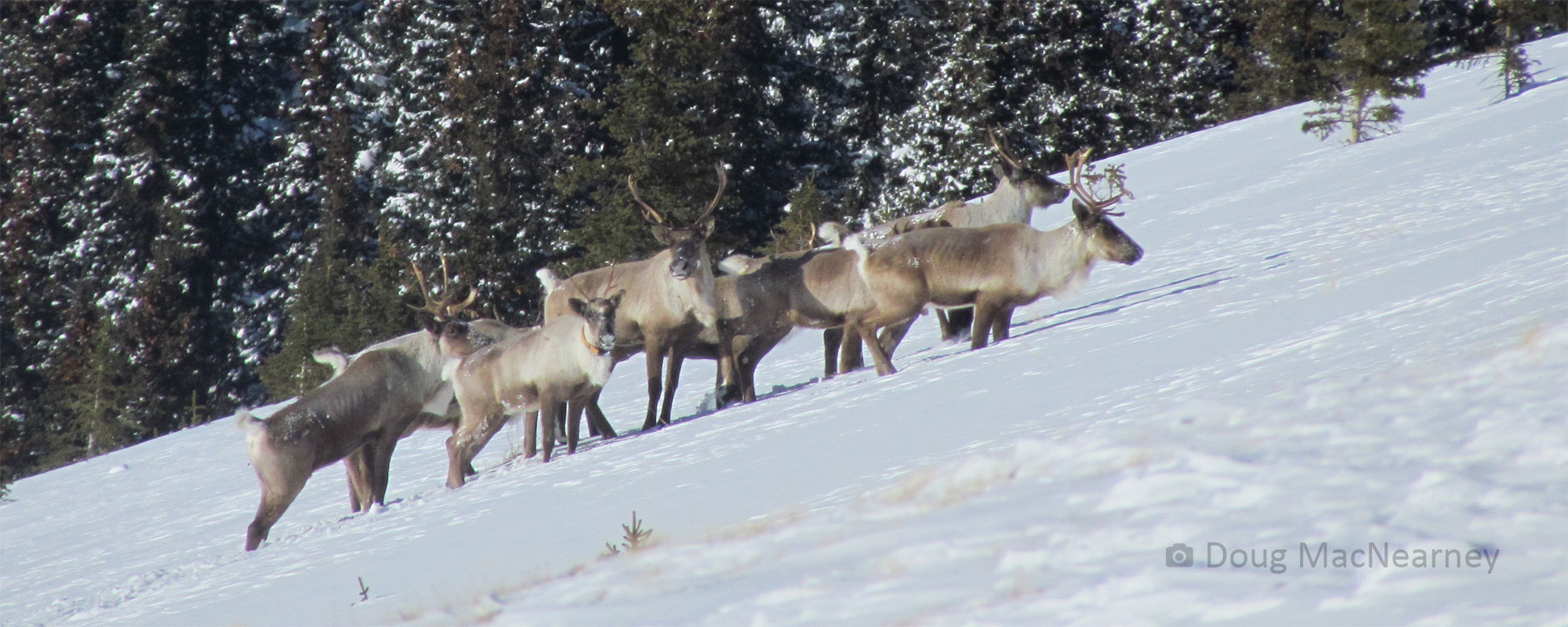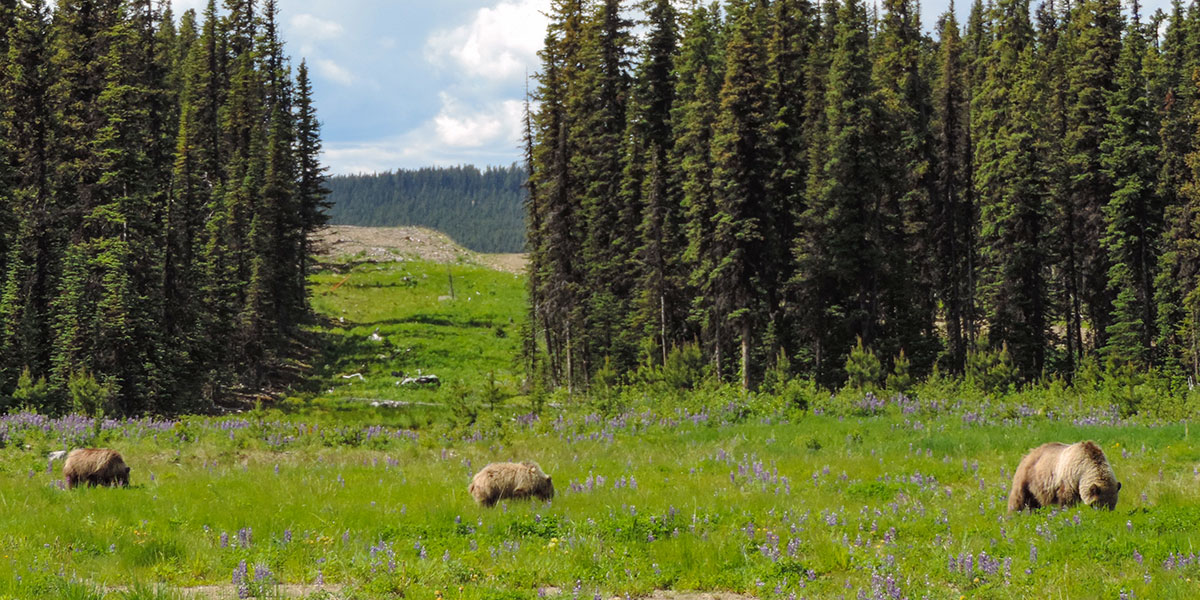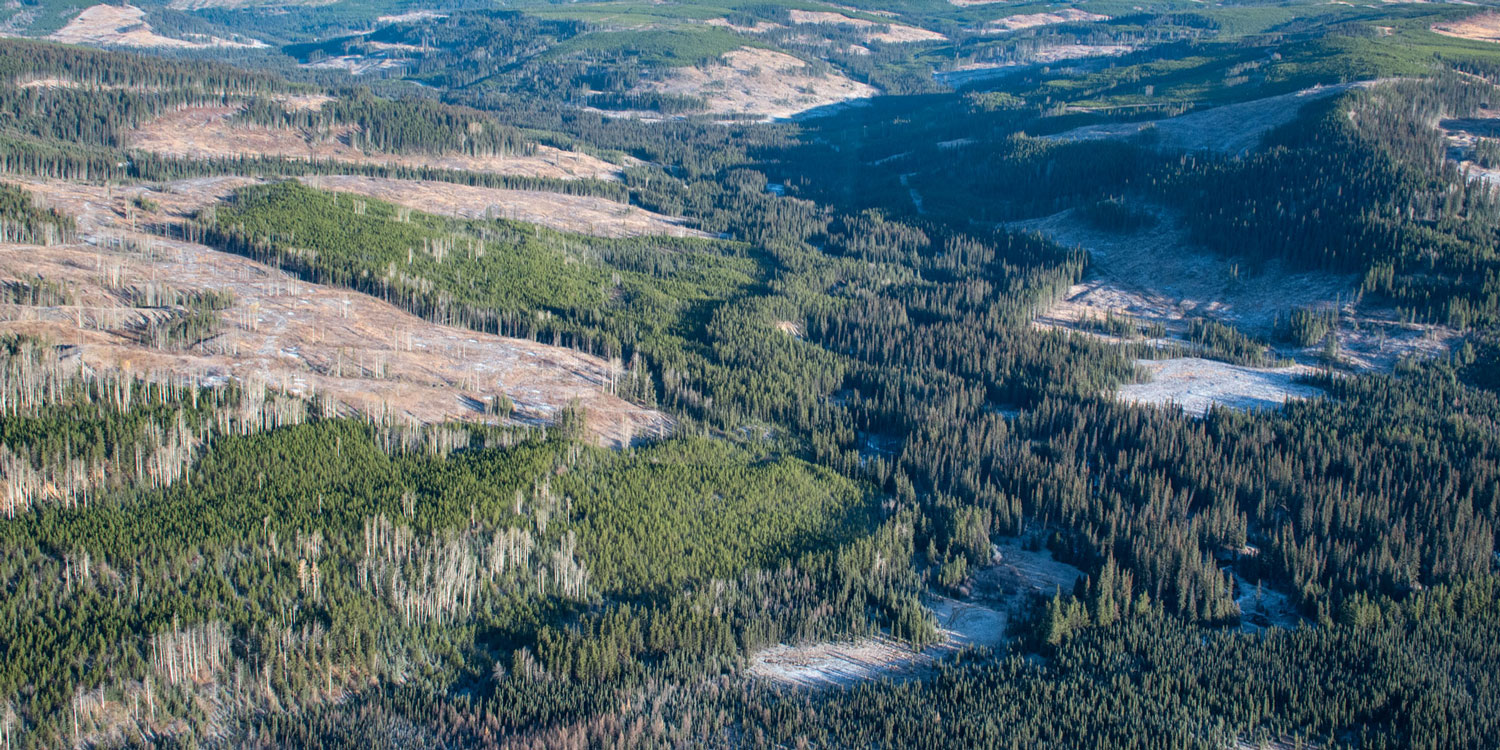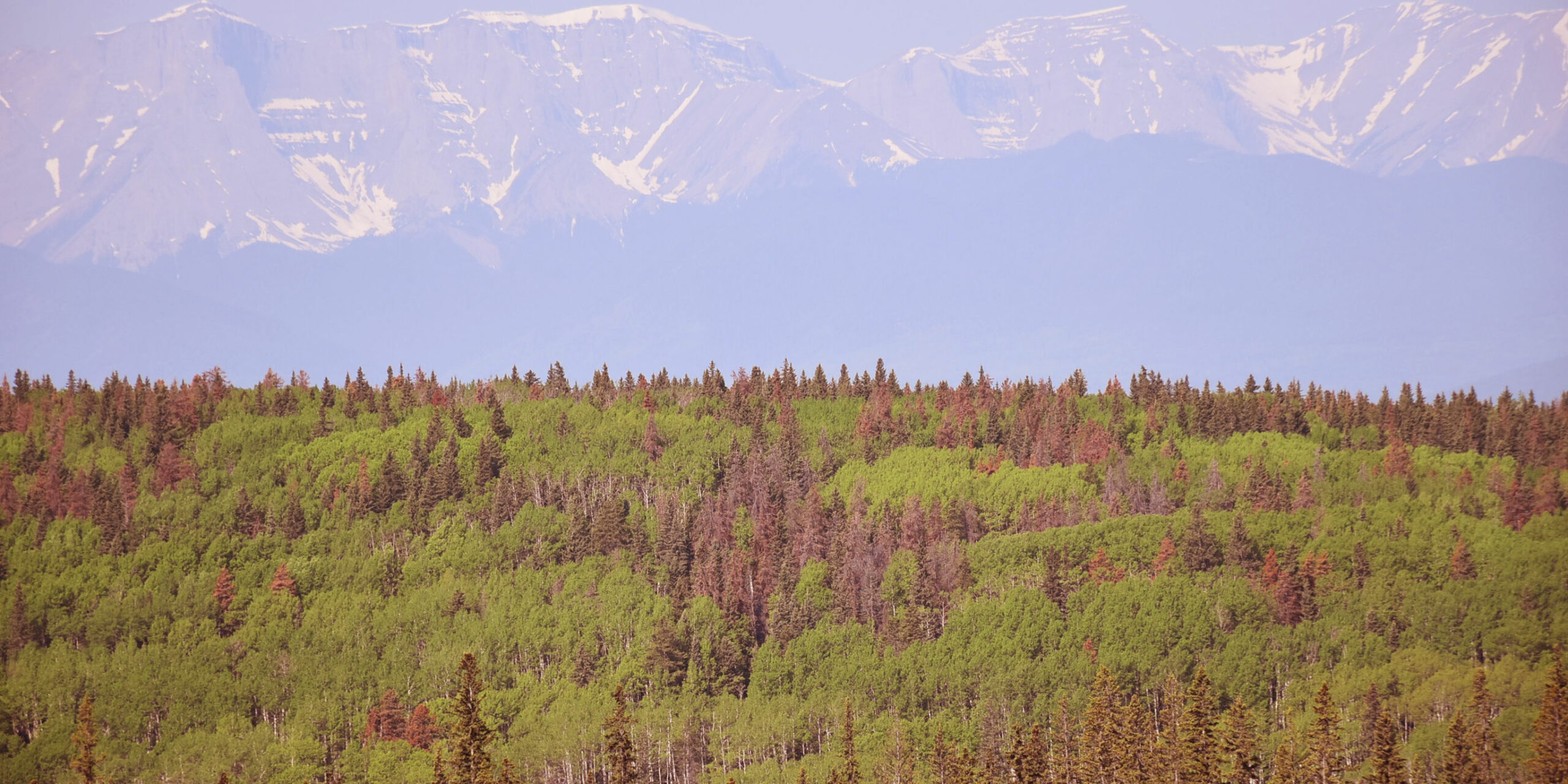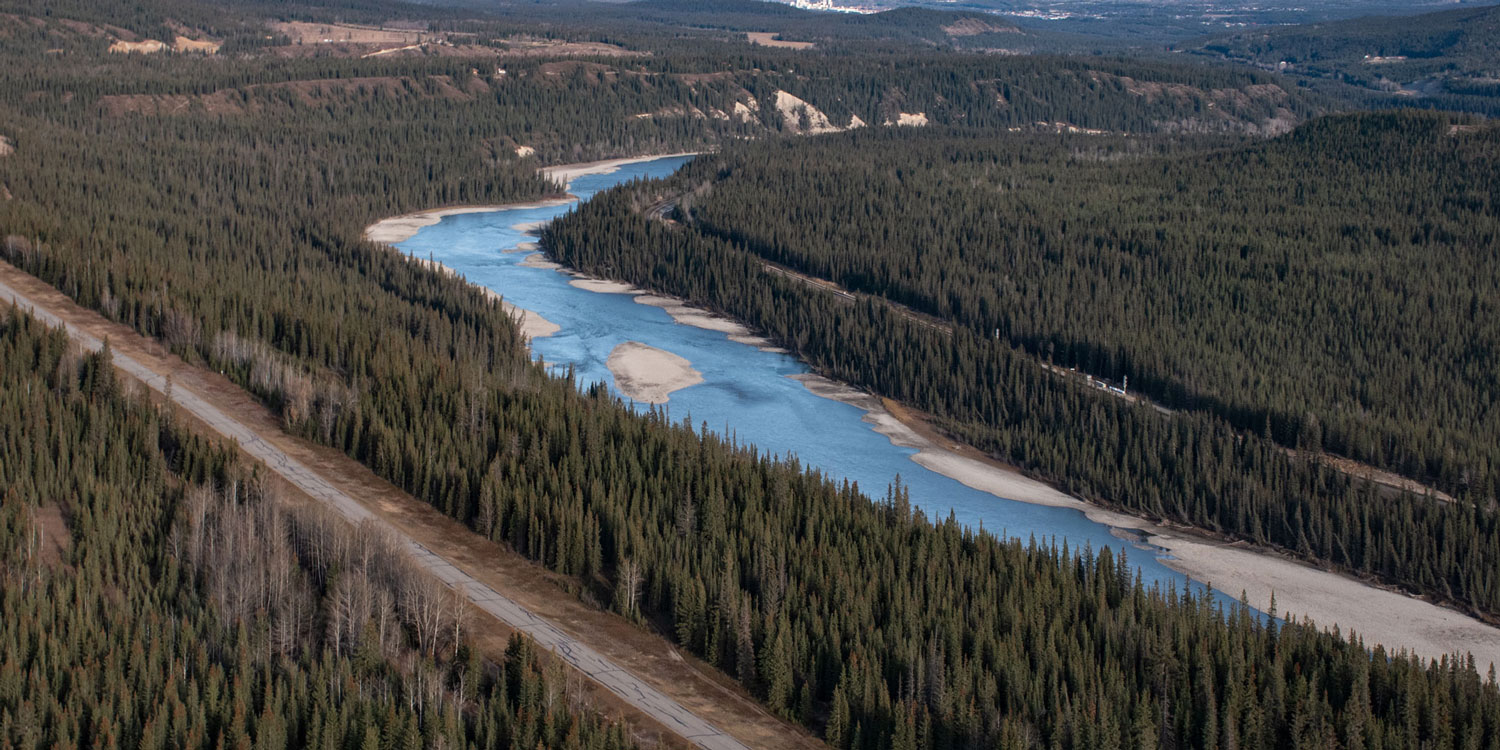
Abstract
This research provides the first in-depth analysis of fine-scale grizzly bear habitat selection and movement patterns in response to the linear footprints cleared for below-ground pipelines in Alberta. Using an extensive set of GPS location data from collared grizzly bears, we were able to determine that grizzly bears selected for younger pipelines (mean age since last construction~6.5 years), which are known to have a greater abundance of important bear foods. Bears also selected for wider corridors that were disturbed for construction more than once. During the spring season, sex/age class was an important predictor of grizzly bear use of pipelines, with adult female bears more likely to use these features than other sex/age classes. Examination of movement patterns revealed that pipeline density influenced grizzly bears’ movement rates and path straightness, particularly in the spring, when bears moved more slowly and movement paths were more tortuous in areas with higher pipeline densities. These movement patterns are consistent with foraging behavior and further indicate that bears are not exhibiting avoidance behaviors or displacement by pipeline features, and pipelines may be functioning as seasonally important foraging areas for grizzly bears in Alberta.
Read the full paper here.
Citation
Sorensen, A., Denny, C., McKay, T., & Stenhouse, G. (2021). Response of grizzly bears (Ursus arctos) to pipelines in Alberta. Environmental Management (2021). doi:10.1007/s00267-021-01457-y

